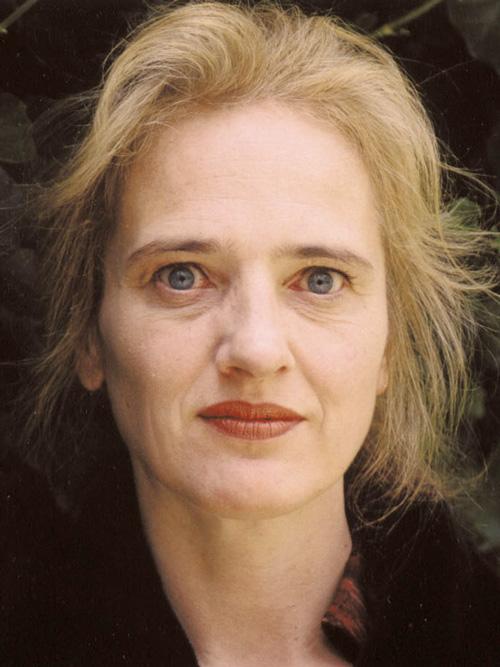I change so slowly she won’t notice
In Esther Jansma’s early work, the voices of the past are heard from bewildering years: as a child, the disappearance of a father, then as a mother, the loss of a child. Her later poetry is less personal but more compelling as her poetic universe expands, embracing the whole world.

It is fitting that Esther Jansma’s day job as an archeologist involves dating wood through its annual rings: deciphering the traces left by time. For Jansma a poet is: ‘The rag-and-bone man, collector of/ remnants, moments, cracks/ in things’. Interweaving a dazzling variety of strands, her poetry explores time and memory, past and present, death, loss, decay and legacy, and yet draws fresh power from these perennial themes because she writes from two opposite but complementary viewpoints.
She made her debut with Voice under my Bed (1988), followed two years later by Flower, Stone. In her much-acclaimed third collection, Blowhole (1993) the poet started to distance herself from autobiographical details. This process continued in her later collections, such as Time Is Here (1998), which was awarded the prestigious VSB Poetry Prize in 1999. Time permeates this collection, along with all elements that are related to time: loss, death and bereave- ment, history and archaeology. Jansma devotes great effort to language itself, the poetic tool par excellence to tackle time comprehensively, although often in vain.
More poetry collections followed, along with a book of essays, a novel, a Collected Poems (Always Today) in 2006, a Selected Poems (Forever Somewhere) in 2015, and an impressive myriad of literary awards, including the Hughues Pernath Prize, the Jan Campert Prize and the A. Roland Holst Award. Together with her husband, Dutch poet Wiljan van den Akker, she also translated two books of poems by the American poet Mark Strand into Dutch.
This is poetry that oscillates between dazzling exuberance and bitter seriousness, between the ever-renewable game of words and the irrevocability of death. It is poetry that, due to its refined form, demonstrates the degree to which playing and understanding are interrelated.
Ons Erfdeel
Esther Jansma shows her mastery which is still unequalled by any poets of her generation.
NRC Handelsblad
